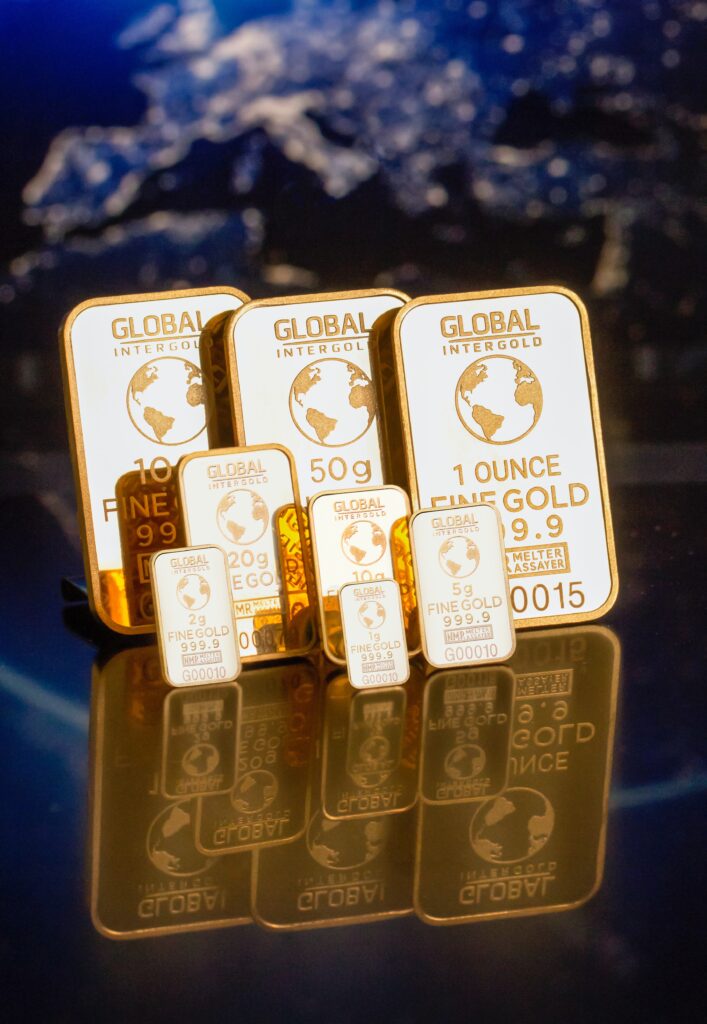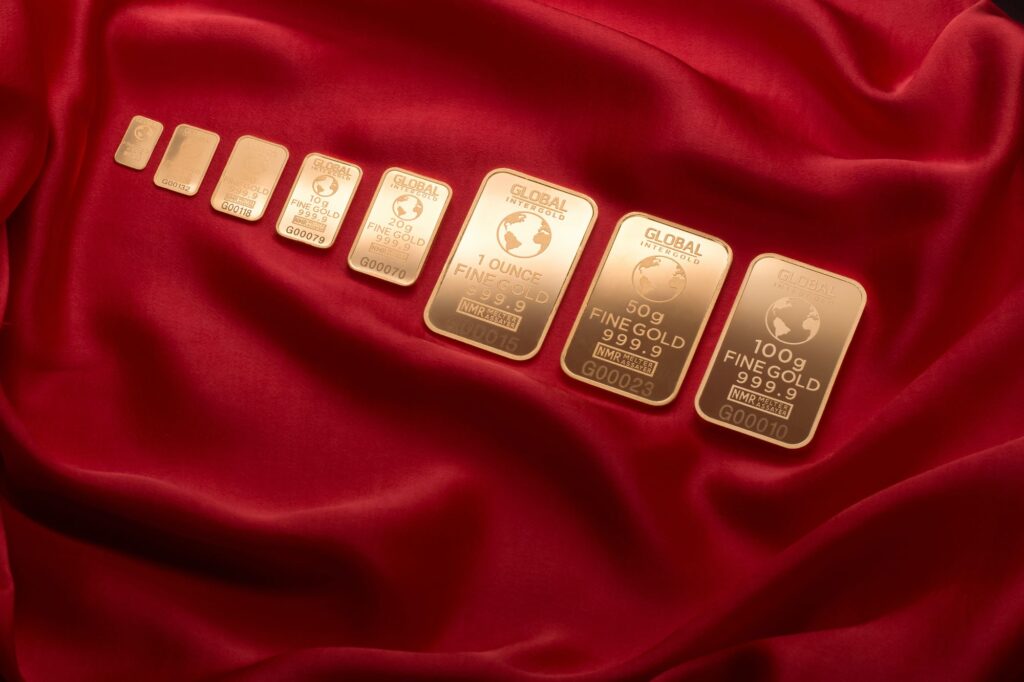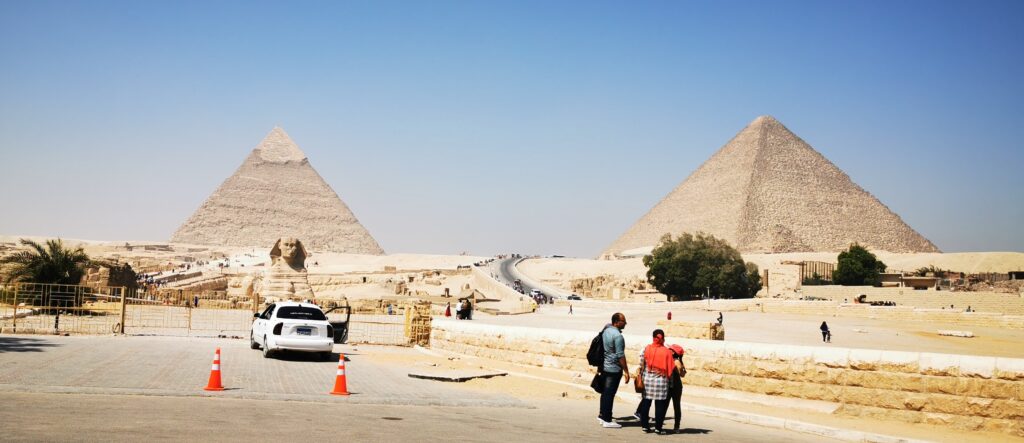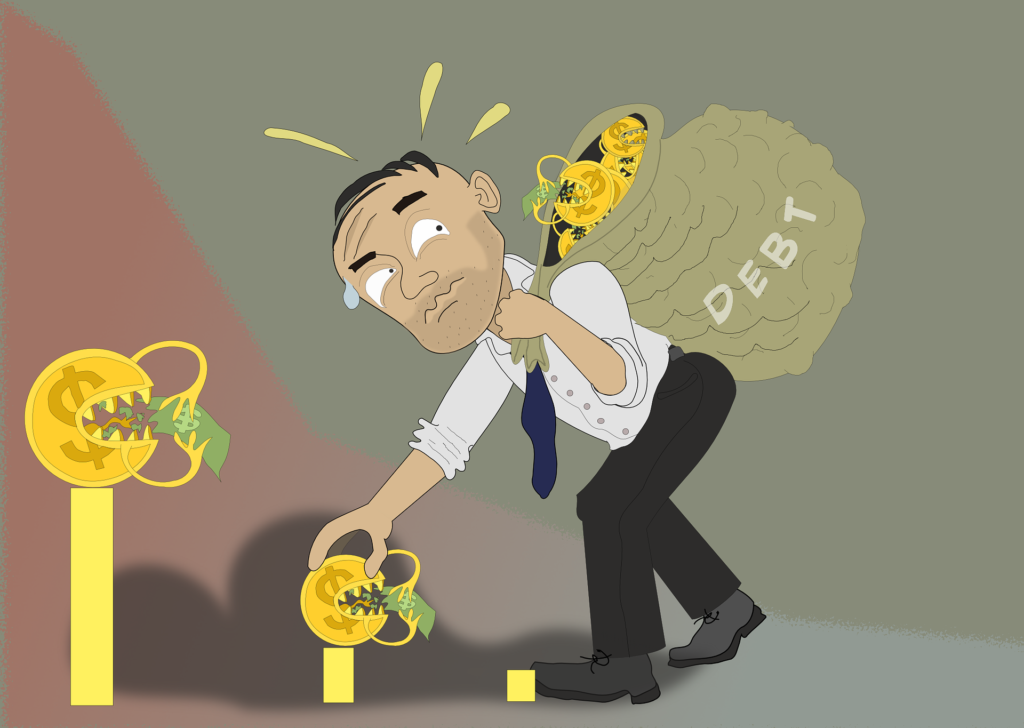Egypt has recently increased its assets of gold bars as a safe haven in response to global inflation and soaring oil and gas prices in light of the Russia-Ukraine war.
Egypt ranked second –following Turkey– among the top five countries that purchased gold bars to support the central bank’s reserves during the first half of 2022 (H1 2022), according to the latest report by the World Gold Council (WGC) published in July. Egypt raised its gold assets to reach a total of 44.2 tonnes in H1 2022, making it the highest global purchaser of gold bars in the first quarter of the year.
The five major buyers include Turkey (63.5 tonnes), Egypt, Iraq (40 tonnes), India (14.7 tonnes) and Argentine (14.7 tonnes), the report noted.

Diversifying holdings
Gold assets are a key source of the Central Bank of Egypt’s (CBE) net international reserves (NIRs) and the key mission of these holdings is to diversify its reserves.
Egypt’s net international reserves (NIRs) declined by $230 million in July to post $33.1 billion, down from $33.3 billion at the end of June 2022, the CBE said.
Egypt’s direction towards widening its gold assets portfolio comes at a time when the US dollar continues to strengthen against the Egyptian pound.
The Egyptian pound lost over 17% of its value against the US dollar. Fitch Solution expected the US dollar to trade over EGP 20 through the end of 2022 amid ongoing global challenges and the likelihood of hiking interest rates further in response to soaring inflation worldwide and interest rate rises by the US Federal Reserve.
For the second consecutive time, the US Federal Reserve hiked benchmark rates by 0.75% in its July meeting. This is the fourth time it had raised interest rates since February.
Gold’s unrivaled status as a haven during times of economic uncertainty is a motivation for central banks to make additions to their stock of yellow metal, Ullas Rao, assistant professor of finance and program director for finance at the Edinburgh Business School of Heriot-Watt University in Dubai said.
“With inflation weighing economies down, gold plays a crucial role in acting as the best hedge against this economic scourge,” he added.
He explained that several emerging market economies, including Russia and China, are steadily diversifying their foreign exchange reserves away from the US dollar to gold for strategic reasons.
“Egypt has witnessed a significant influx of foreign investment, catapulting it among the top performing emerging markets, with the country’s benchmark index (EGX 30) among the biggest in the MENA region,” Rao said.
It also saw the highest share of foreign direct investments (FDIs) inflows in Africa at $5.1 billion in 2021. With forex reserves at $35 billion, alongside sound macro-economic indicators, it provides an appetite for the central bank to increase its gold reserves and diversify its holdings, Rao added.
CEO of VI Markets Ahmed Moaty shared the same sentiments. He asserted that gold holdings are usually a safe investment that countries used as an alternative in times of crisis for its increased store in value.

US dollar vs gold
Egypt has already lost about 90% of investments in debt instruments since the beginning of the Russia-Ukraine war, with $20 billion in hot money fleeing the market since then, said Egypt’s Minister of Finance Mohamed Maait at a June meeting hosted by the American Chamber of Commerce in Egypt.
During his speech, Maait asserted that Egypt will no longer be able to count on hot money, known as foreign direct investments (FDIs), and the government will focus more on direct investments moving forward.
According to Rao, the yellow metal performs well against a weakened greenback, and vice-versa.
“This relationship no longer appears to be holding good. With inflation back as an emerging theme, a strengthening dollar has also witnessed a parallel surge in the gold price. The latter’s movement is partly explained by its store as inflation-hedge and partly due to the prevailing economic uncertainty,” Rao said.
He explained that during the height of the global financial crisis in 2008, gold hit an all-time high of $2000 per ounce. Even as there is a clamor for some form of “gold-backed currency,” the US dollar retains its economic might with 85% of the world trade conducted in greenback,” Rao pointed out.
There is a blurry vision moving forward due to recent tensions between China and Taiwan, Moaty concluded. Prior to these tensions, gold prices were expected to decrease as the US Federal Reserve continues to hike interest rates to reach $1520 per onus. Recently, it exceeds 1800 points, he said.
“If tensions between China and Taiwan turn into military action, gold prices could surpass $2000 per onus and that explains the orientation towards increasing the gold holdings in Egypt,” Moaty added.







